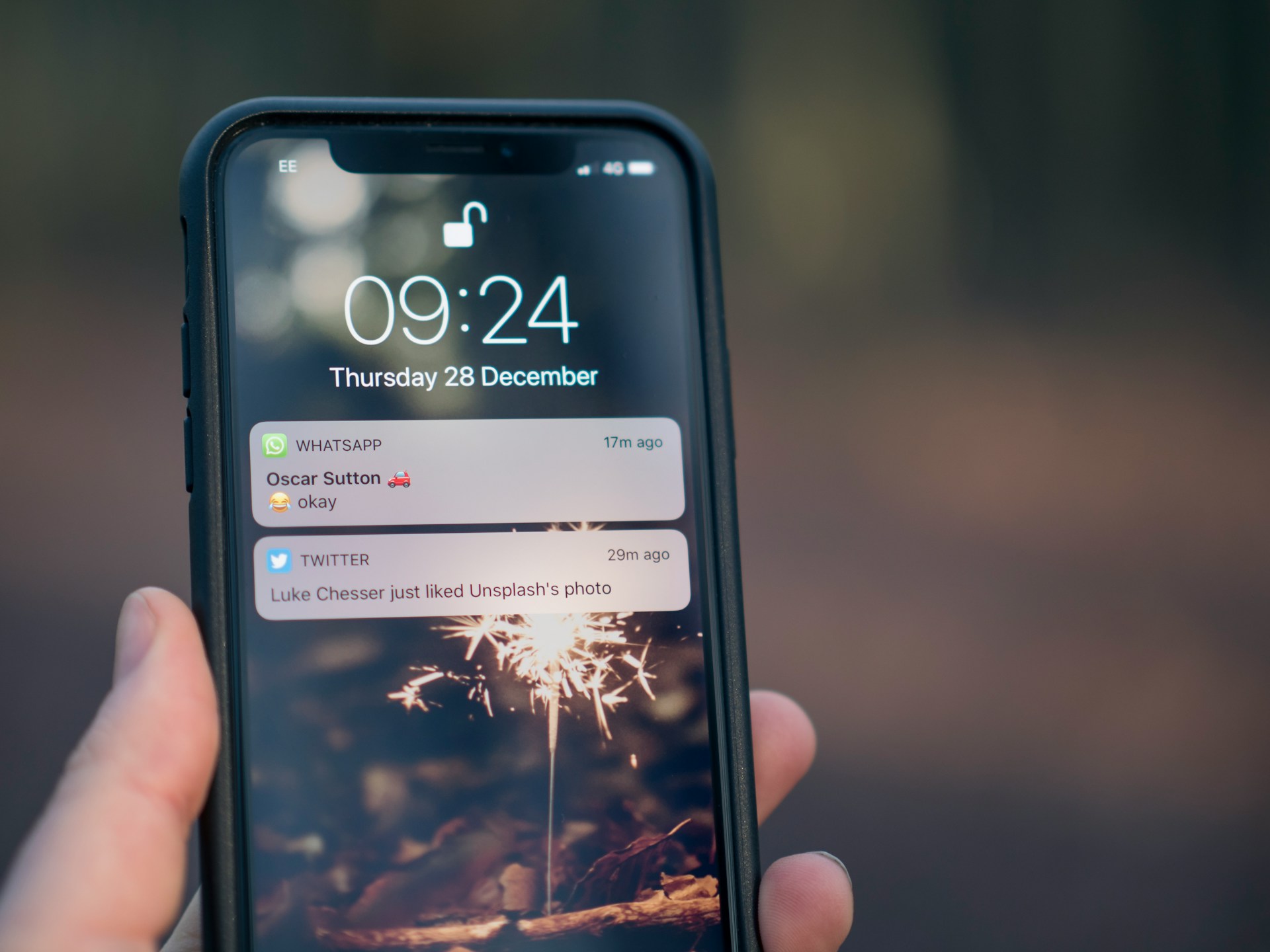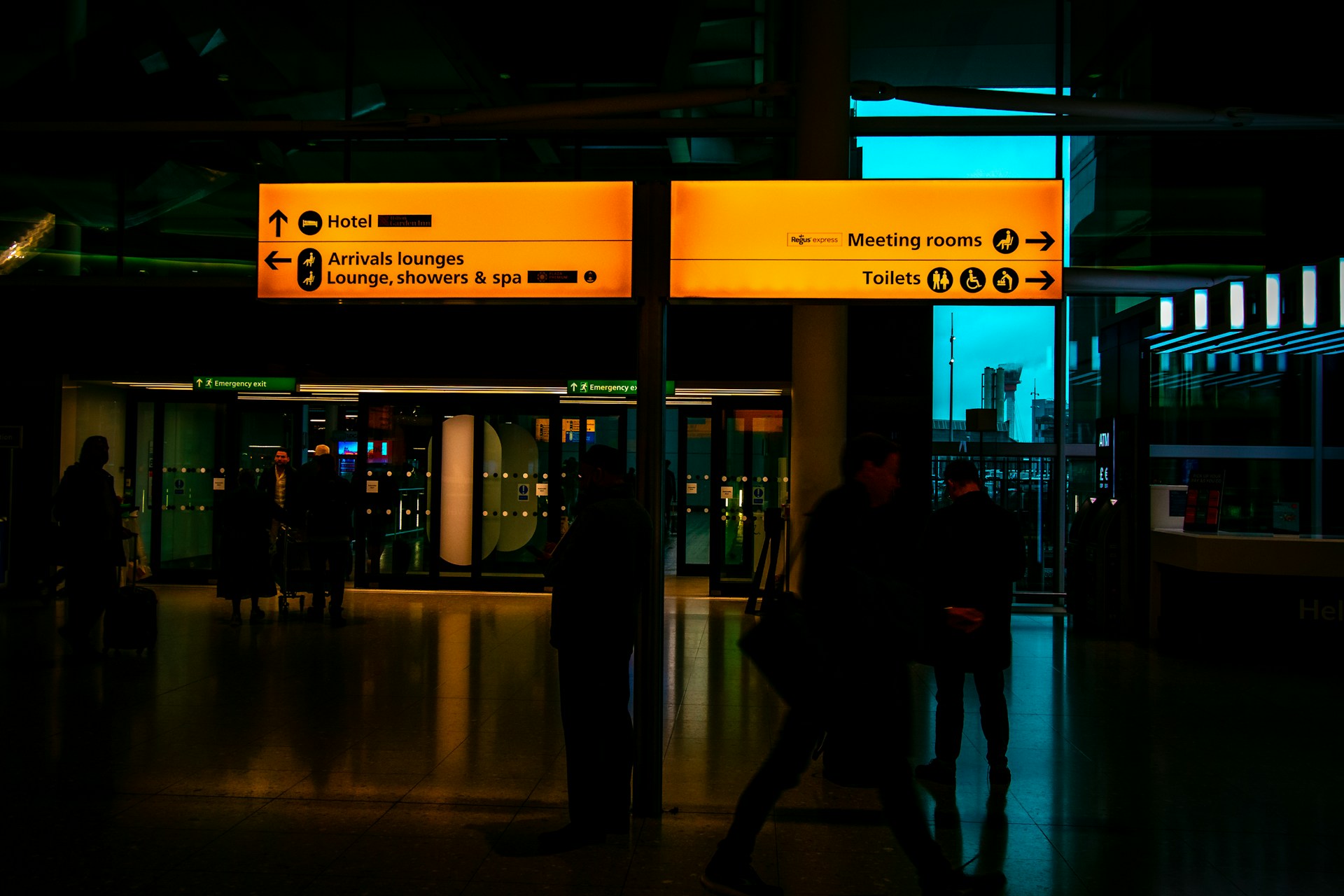Digital communication now forms the backbone of school operations. Staff hold meetings via Microsoft Teams, share updates in WhatsApp groups, and collaborate across Multi-Academy Trusts (MAT) in cross-school Slack channels.
For most teams, these digital tools have transformed efficiency and productivity.

But when the unexpected happens – a safeguarding concern arises, a lockdown needs to be implemented, or a severe weather closure takes effect – these same tools can quickly become a liability instead. In moments where every second counts, the limitations of everyday messaging platforms can delay vital decisions, create confusion, and even compromise safety.
Here at Cosafe, we’ve drawn on insights from hundreds of our UK and European education partners to outline five critical reasons why Teams, Slack, and WhatsApp simply aren’t designed for crisis communication – and what educational establishments can do instead to overcome these pitfalls.
Here are five reasons schools should reconsider everyday apps:
1. Everyday noise drowns out essential notifications
When your phone vibrates dozens of times per day, even urgent alerts get lost. Sifting through Slack, Teams, and WhatsApp for critical updates is a tedious task in an already busy day.
Not only that, but during teaching hours, phones are often on silent or put away. This can lead to urgent messages going unseen for minutes – and, sometimes, minutes can be the difference between resolution and disaster.
In a real emergency – be that a student injury, a whole-school lockdown, or a missing pupil – you need guaranteed visibility, not guesswork.
These commonplace apps fall short: WhatsApp groups lack read receipts, in particular for recipients, so you can’t tell who has seen what. And Teams or Slack alerts are buried by other notifications. And also, for WhatsApp, there is no feature to escalate an incident.
Solution
Unlike standard apps, Cosafe instantly delivers priority alerts to all staff, even when devices are set to silent mode. Unique to Cosafe, real-time delivery receipts show exactly who has received and acknowledged vital messages. This targeted visibility and accountability set Cosafe apart, ensuring essential information reaches everyone when it matters most.
2. Escalation delays cost valuable time
When a crisis unfolds, school leaders know that response speed is everything. A safeguarding issue might need the Designated Safeguarding Lead (DSL) and Senior Leadership Team (SLT) to be informed immediately.
With WhatsApp and Teams, escalation is slow. Adding someone to WhatsApp hides prior messages, losing context. Teams’ threads and permissions bottleneck information. If power or networks fail, even reaching colleagues is unreliable.
Solution
Cosafe provides a dedicated, pre-defined escalation system built for emergencies in education. Alerts can be sent instantly to the right roles, including Heads and SLTs, caretakers, office teams, and governors. These alerts ensure everyone has the right information at the right time – every time.
3. Cyberattacks and IT outages can silence standard channels
In recent years, the DfE has reported that UK schools have experienced an increase in targeted cyberattacks, including phishing scams and ransomware that locks entire systems. When IT teams shut down networks to contain a breach, internal channels like Teams and email often go offline, cutting off communication at the worst possible time.
Relying on the same network for daily and emergency communication is risky. If the system fails, your response fails too.
Solution
Cosafe’s cloud-based platform operates independently of school IT networks, ensuring crisis communication remains uninterrupted even during outages or cyberattacks. This ensures your ability to respond and coordinate is protected.
4. Data protection and safeguarding risks
WhatsApp may be convenient, but it’s a data protection risk for schools and MATs. Staff frequently discuss sensitive information in unmonitored, non-GDPR-compliant chats.
And even with Meta’s end-to-end encryption, WhatsApp stores data on servers outside the UK and EU, creating potential safeguarding risks and compliance breaches.
Slack and Teams pose similar challenges.
While Microsoft now offers EU data storage options, ownership and subcontracting arrangements can still result in data being processed outside the EU. The Information Commissioner’s Office (ICO) legislation is clear: schools must ensure that personal data – including pupil names, medical details, and incident records – remains protected at all times.
These everyday apps do not fully satisfy regulatory requirements.
Solution
Cosafe is built for compliance and safeguarding, certified to ISO 27001 standards. Data is securely stored within the EU, and access is tightly controlled to support GDPR and DfE requirements, reducing data breach risks.
5. Lack of preparedness and automation
In an emergency, clarity saves time—and time saves lives. Assigning and clarifying roles on Slack or WhatsApp can create confusion, such as who leads, who contacts parents, and who ensures lockdown.
These manual steps waste precious minutes. Without automation, tasks can’t be reliably assigned or tracked.
After the event, reconstructing what happened is even harder if messages are scattered across multiple platforms.
Solution
Cosafe automates emergency workflows. Pre-defined alerts instantly assign roles, send action plans, and log actions for post-incident reporting. This enables a rapid and coordinated response, simplifying reporting and compliance.
Let Cosafe bring clarity to your school teams
In education, communication is the difference between chaos and control. Everyday platforms work, but weren’t built for crises. Put simply, they’re the wrong tool for the job.
With Cosafe, UK schools, colleges, and MATs use a secure, dedicated platform built specifically for emergency communication. Cosafe reliably delivers urgent alerts, protects sensitive data, and quickly connects the right people, enabling fast and confident decision-making in a crisis.
Take the next step: book a Cosafe demo today to experience safer, smarter school communication.




